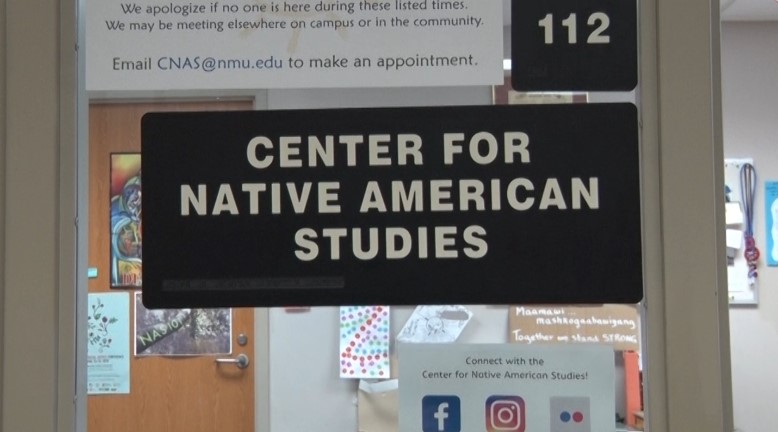NMU Among Top Schools for Indigenous Students

MARQUETTE — It was announced earlier this week that Northern Michigan University is once again being recognized for being a premier destination for students. NMU has been named as one of the top 200 schools for Indigenous students by the American Indian Science and Engineering Society, which focuses on the science, technology, engineering or math, or STEM, disciplines.
Northern has made this list before, and they’re happy that they’ve been put on the list again this year.
“We’re very honored to be among the top 200 institutions that were picked for indigenous students across the United States,” said Dr. Martin Reinhardt, a professor and interim director at the Center for Native American Studies. “The criteria that they use, you know, it’s important for us to think about in our community. We’ve got a number of programs on our campus that make our campus very indigenous student friendly, the relationship with the surrounding community, the curriculum, all of these play a role in why we were picked to be on that list.”
NMU was the first, and remains the only, university in the State of Michigan to offer a bachelor’s degree in Native American Studies, which they say adds to the appeal for native students.
“Well we’ve made a number of firsts on our campus that make this a very appealing campus for native students across the country,” Reinhardt said. “We have students come from all over the place, especially from Michigan because of where we are, but we have students come from as far away as Alaska and the Southwest to come up and check us out.”
In a press release about NMU making the list, Professor April Lindala said, “I believe in Native American Studies because, as a discipline, it raises our critical consciousness of how individually and collectively we identify ourselves, how we treat one another, how we recognize our relationship with our environment, and how we create policy in relation to all of these things. I believe in Native American Studies because it forces me as an author, an educator and lifelong learner to think outside of the conventional academic box; a system that has previously excluded Indigenous voices. It is time for these voices to be heard, to be discussed and to be honored.”
Reinhardt reinforced Lindala’s statement, saying: “That is really important, identity is the key to our coursework. It is the center-stone of our courses here at Northern Michigan University, as it should be, and we certainly applaud all colleges and universities that are integrating Native American Studies across their curriculum. We think that interdisciplinary nature of Native American Studies and the surrounding community and the faculty, the staff, the students, have really made this a welcoming campus, and we look forward to having more students here.”
The Center for Native American studies is located in Whitman Hall, and to find out more about it, click here.
